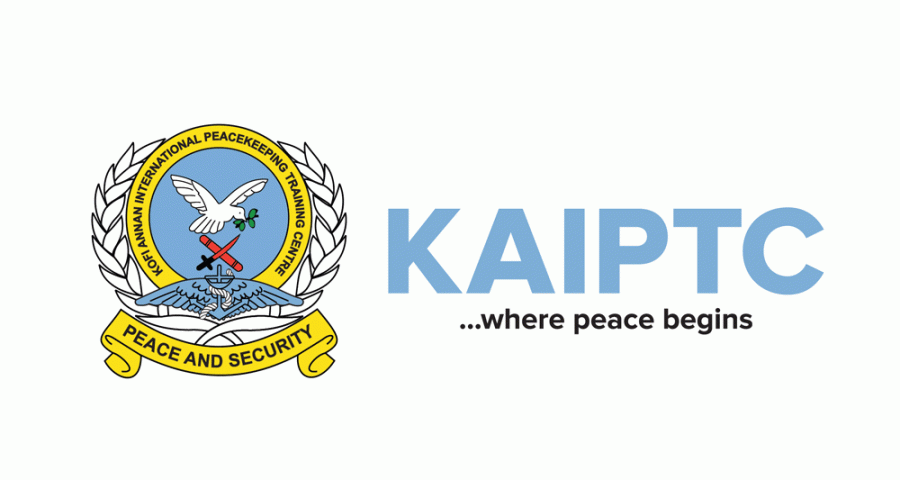Warlord democrats in Africa : ex-military leaders and electoral politics / edited by Anders Themnér.
Material type: TextSeries: Africa now (Zed Books)Publisher: London : Zed Books, 2017Copyright date: ©2017Description: x, 254 p. : ill., map ; 24 cmContent type:
TextSeries: Africa now (Zed Books)Publisher: London : Zed Books, 2017Copyright date: ©2017Description: x, 254 p. : ill., map ; 24 cmContent type: - text
- unmediated
- volume
- 9781783602483
- Since 1960
- Political leadership -- Africa
- Politicians -- Africa
- Democracy -- Africa
- Hommes politiques -- Afrique
- 89.35 democracy
- Democracy
- Political leadership
- Politicians
- Politics and government
- Warlord
- Politische Führung
- Wahlkampf
- Politics and Government
- Africa -- Politics and government -- 1960-
- Afrique -- Politique et gouvernement -- 1960-
- Africa
- Afrika
- Africa
- JQ1875 .W23
| Item type | Current library | Call number | Status | Date due | Barcode | |
|---|---|---|---|---|---|---|
 Books
Books
|
KAIPTC General Stacks | JQ1875 .W23 (Browse shelf(Opens below)) | Available | 31307100033523 |
Includes bibliographical references and index.
Introduction : warlord democrats : wartime investments, democratic runs? / Anders Themnér -- Pompier-pyromanocracy : Mbusa Nyamwisi and the DR Congo's inflammable post-settlement political order / Judith Verweijen -- Apotheosis of a warlord : Paul Kagame / Lars Waldorf -- Discourses of peace and fear : the electoral navigations of Sekou Conneh and Prince Johnson in post-war Liberia / Carrie Manning and Anders Themnér -- Afonso Dhlakama and RENAMO's return to armed conflict since 2013 : the politics of reintegration in Mozambique / Alex Vines -- From warlord to drug lord : the life of João Bernardo "Nino" Vieira / Henrik Vigh -- Shape-shifters in the struggle for survival : post-war politics in Sierra Leone / Mimmi Söderberg Kovacs and Ibrahim Bangura -- Riek Machar : warlord-doctor in South Sudan / Johan Brosché and Kristine Höglund -- Conclusion : ambiguous peacelords : the diminishing returns of post-war democracy / Anders Themnér.
"Post-war democratization has been identified as a crucial mechanism to build peace in war-ridden societies, supposedly allowing belligerents to compete through ballots rather than bullets. A byproduct of this process, however, is that military leaders often become an integral part of the new democratic system, using resources and networks generated from the previous war to dominate the emerging political landscape.The crucial and thus-far overlooked question to be addressed, therefore, is what effect the inclusion of ex-militaries into electoral politics has on post-war security. Can 'warlord democrats' make a positive contribution by shepherding their wartime constituencies to support the building of peace and democracy, or are they likely to use their electoral platforms to sponsor political violence and keep war-affected communities mobilized through aggressive discourses?"
There are no comments on this title.
